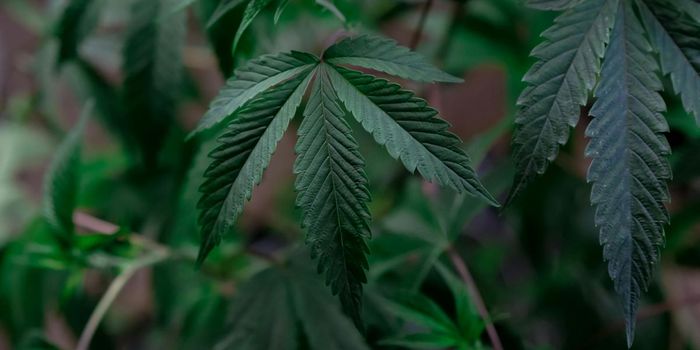Last year Denmark announced their most recent goal: to become 100% organic, as a country.
Needless to say, their mission is ambitious. However, if any country can do it, Denmark might be the one. Their national organic brand has been around for the past twenty five years, making it the oldest organic brand in the world. The country has already demonstrated their devotion to organic foods; nearly 8% of food consumed in Denmark is organic - the highest in Europe. Additionally, Danish organic exports have risen by 200% since 2007.

Denmark is attacking their goal from two angles. First, The Ministry of Food, Agriculture and Fisheries is stimulating the change to turn traditional farmland into organic with the aim to double the area of organic cultivation by 2020 from 2007 levels. The Organic Action Plan for Denmark, drafted by Økologiplan Danmark, is a 67 point document that details the way that land belonging to the government will be cultivated using organic and biodynamic methods and how the government will support and finance citizens working and investing in this sector to develop new technologies and ideas that help promote growth, according to Organic Vegan Earth. The plan includes information for fruits, vegetables and livestock, particularly pigs.
The other angle from which Denmark is pursuing their plan encompasses increasing the demand for organic products within the nation. The government has allotted a total of 400 million kroner ($60.8 million) to ensure that 60% of food served in public institutions is organic, The Local Denmark reported. This highlights schools, day care centers, and hospitals, which serve an estimated of 800,000 meals per day.
“In order to achieve our goals, which are the most ambitious in the West, the public sector needs to lead the way,” Food and Agriculture Minister Dan Jørgensen told The Local Denmark. “With Økologiplan Danmark [Organic Denmark], we will strengthen cooperation between municipalities, regions and ministries with a long line of new initiatives. We will commit ourselves to, among other things, have more organic items on the menu in canteens, hospitals and daycare institutions.”

The Ministry of Education, The Ministry of Defense, and The Ministry of Environment have all committed to the plan. The Ministry of Education will play an important role in schools in encouraging the increase of organic foods in cafeterias. It will also provide information to farmers institutions and professional farmer associations, while including courses on organic farming and nutrition in public schools as well. The Ministry of Defense has agreed to serve a higher percentage of organic foods in military base camps (although 40% of the food in military camps in the western part of the country is already certified organic). The Ministry of Environment is actively working to make the switch from traditional to organic cultivation easier for farmers by making land leases last longer, and streamlining certain procedures for livestock breeding. Farmers also receive subsidies for changing to organic cultivation.
Bhutan is the only other country with a goal quite as aspiring. Although their population size is a fractional 754,000 compared to Denmark’s 5.6 million, Bhutan promised to go 100% organic five years ago. They are also unique in their identity as a carbon sink country - meaning they have negative carbon emissions. Let these two countries be a role model for the rest of us.
Sources:
EcoWatch,
The Local Denmark,
Organic Vegan Earth,
Food Revolution










